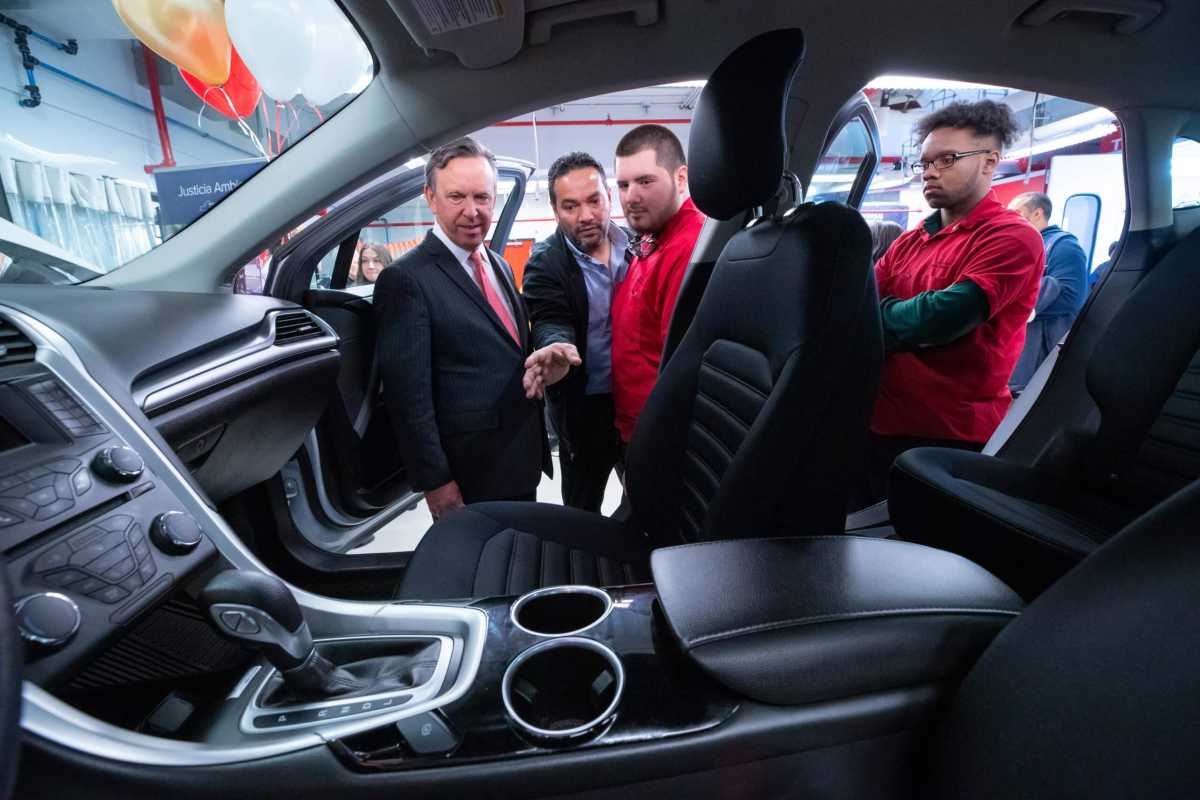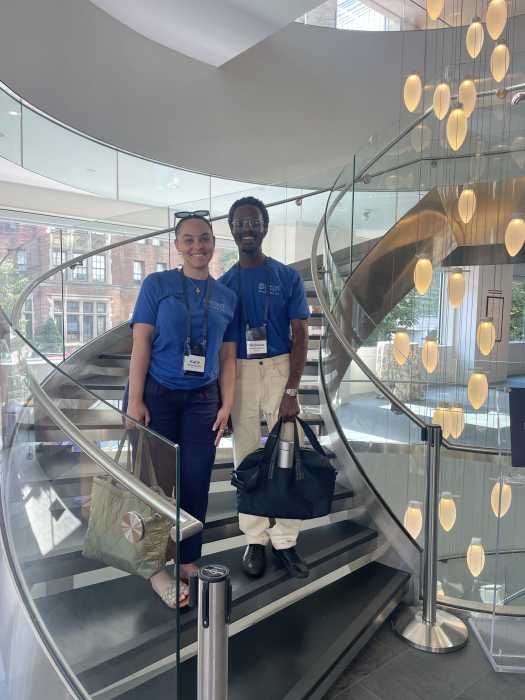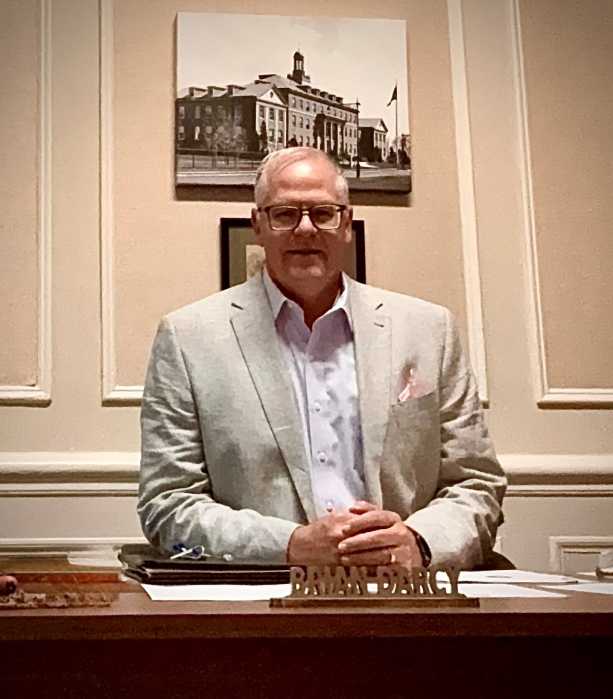One of Gov. Kathy Hochul’s more ambitious climate goals is the gradual electrification of the state’s vehicle infrastructure with a goal for all new passenger cars and trucks sold statewide to be zero-emissions by 2035. In the next 12 years, the state hopes to have a workforce of automotive technicians equipped to handle an increasingly electric-reliant vehicle fleet.
An early beneficiary of the state’s zero-emissions push is the Alfred E. Smith Career and Technical Education High School, located in the South Melrose section, which received one of 13 retired hybrid and fully electric fleet vehicles donated by the state for the purpose of “opening new career paths” in the state’s clean energy economy.
Last year, New York Power Authority (NYPA) launched a pilot program — its Fleet Donation Program — donating three hybrid and fully electric vehicles that could no longer be used for state transport to Boards of Cooperative Education Centers (BOCES) institutions across the state for use in their automotive technical training classes.
“It will be a great addition to our new state-of-the-art auto body shop and provide a practical tool for learning about new green technologies. We hope that this is just the beginning of a long relationship that will further benefit students who are building their lives toward a bright future,” said Principal Evan Schwartz.
New York isn’t the only state to ramp up the electrification of transportation over the next decade, as California set a major precedent by banning the sale of new gas-powered vehicles by 2035. The next step, energy officials say, is to prepare a new workforce of clean energy automotive technicians.
NYPA’s officials say that the program is designed to educate the next generation of automotive technicians during the state’s transition to electric vehicles and ensure the incorporation of hybrid and fully electric vehicle technology within career technical education programs.
“New York State’s transition to zero-emission vehicles opens new career paths in our increasingly highly skilled clean energy workforce and we are thrilled to give students the opportunity to develop new sought-after expertise in order to compete in the clean energy economy,” NYPA Interim President and CEO Justin E. Driscoll. “These retired vehicles from NYPA and Canal Corporation fleets will serve as a practical resource for automotive technicians in maintenance and repair training programs in disadvantaged communities near our assets and ensure a solid, replicable curriculum can be used throughout the state.”
It is estimated that fully electrifying school buses in New York City alone would be the equivalent of taking nearly 650,000 gas-powered passenger vehicles off the road, and the goal is to ensure that the state’s school bus fleet is zero-emission by 2027.
New York has more than 50,000 school buses, which is 10% of the national fleet. NYC schools will get more than $18 million to buy electric buses, with funding from the Clean School Bus Program, a $5 billion program in the federal infrastructure package that will span five years.
Climatologists tell the Bronx Times that zero-emission buses and transit system electrification can help combat climate change, improve air quality, and provide a stable infrastructure that is less reliant on fossil fuels and fluctuating energy costs.
However, replacing all of the state’s diesel-fuel school buses with electric buses is set to cost the state between $8 and $15.25 billion more than the cost of replacing them with new diesel buses, according to the Empire Center, a fiscally conservative think tank based in the state’s capitol.
The extra cost of electric buses, their limited range compared to diesel buses and their more rapid battery depletion in cold weather and hilly terrain will create substantial challenges for local school districts, skeptics of Hochul’s plan.
Reach Robbie Sequeira at rsequeira@schnepsmedia.com or (718) 260-4599. For more coverage, follow us on Twitter, Facebook and Instagram @bronxtimes






















